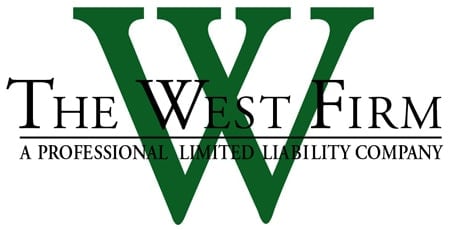In New York, those who use solar energy can sell the power their solar panels generate back to the utility in exchange for connecting to the power grid.
The reason for this arrangement is that solar power only works during the day when skies are reasonably clear.
Otherwise, a building is going to need to rely on the power grid for electrical needs. However, on clear days, photovoltaic technology produces extra power which the public utility can use.
Selling this extra power back can benefit a home or business that uses solar power by saving on overall electrical expenses. Like other types of alternate energy, solar power also is clean for the environment.
Connecting to the power grid will require working with the utility
A New Yorker cannot just purchase the necessary equipment and connect to the power grid expecting cost savings.
Those interested in taking advantage of solar power will need to work with the local electric utility to connect with the power grid legally.
The rules and regulations of both the State of New York and several regional utilities include many details that are designed to protect the power grid and the public. A homeowner or business interested in connecting to the grid will have to understand and follow these rules.
The first step is to apply for permission to connect to the grid. Once the utility approves, the person interested in solar power will need to sign an interconnection agreement, and possibly other agreements, with the utility. These agreements may impose additional requirements on the customer, including obtaining a surety bond and proper insurance coverage.
Using solar power to produce clean energy is a noble idea. However, doing so also requires several important legal steps. These steps can be complicated, and not understanding them can lead to costly and frustrating mistakes.
